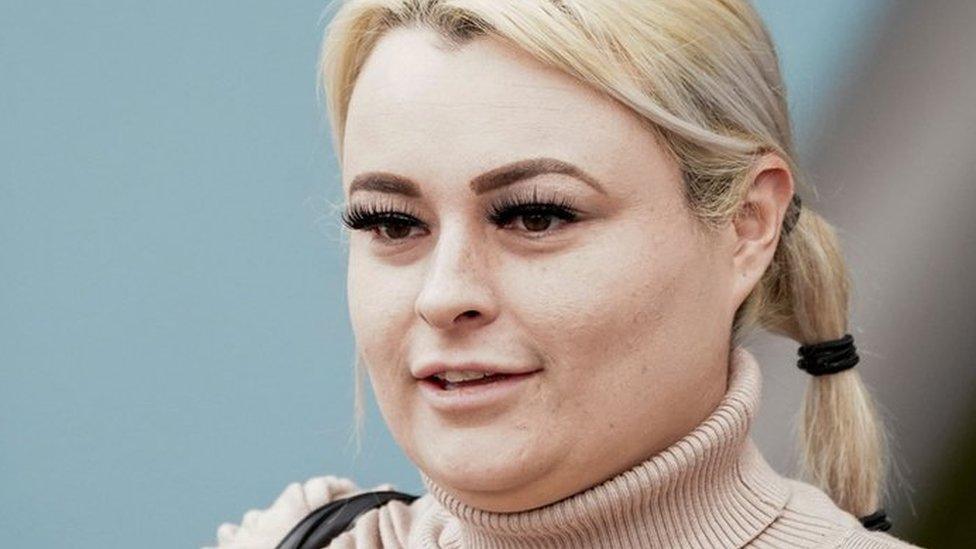Wayne Couzens: How three police forces botched opportunities to stop Sarah Everard's murderer
- Published
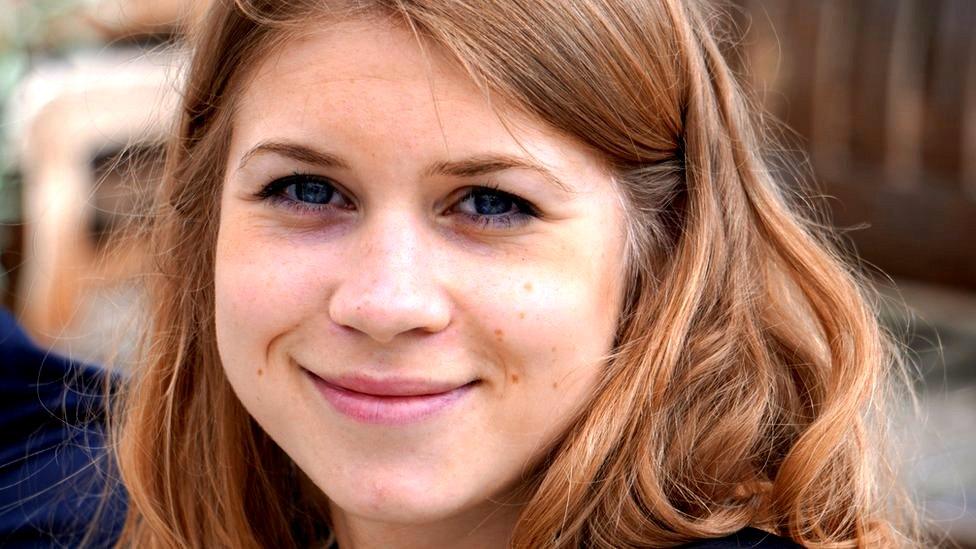
The body of Sarah Everard was found hidden in woodland
The three police forces that the officer who murdered Sarah Everard worked for had multiple opportunities to stop him, but none were taken, an inquiry has found.
There were failures in police recruitment, Wayne Couzens' vetting and investigations, and "red flags about his unsuitability for office" went unnoticed, according to the Angiolini Inquiry.
Ultimately these failures meant Couzens "could enjoy the powers and privileges" of being a police officer and "he went on to use his knowledge of police powers to falsely arrest Sarah Everard", said Lady Elish Angiolini in her statement at the launch of the report.
First vetting failure over debt
The first instance highlighted by the report was when Couzens failed to pass his vetting for a full officer post with Kent Police in 2008 due to a large debt. He was already a special constable (a volunteer police officer) with the force and despite not passing the vetting, he was allowed to remain in his role.
Second vetting failure two years later
Couzens was vetted again in 2010 when he applied for a full officer post with the Civil Nuclear Constabulary - the armed police force in charge of protecting civil nuclear sites and nuclear materials. Thames Valley Police conducted the vetting and recommended he should not pass due to his financial situation but the recommendation was ignored.
Indecent exposure report
By the time he applied to join the Metropolitan Police in 2018, Couzens had been reported to Kent Police for allegedly indecently exposing himself while at the wheel of a car in Dover in 2015.
The vehicle was identified as being registered to Couzens but there were no charges and despite an entry on the police national database, he was able to pass his Metropolitan Police vetting three years later.
Lady Elish described this as "a grave error".
"By failing to properly investigate the allegation, Kent Police missed a valuable opportunity to disrupt or even prevent Couzens' future offending," she said.
Cyclist reports indecent exposure
In 2020, a female cyclist reported a case of indecent exposure and masturbation in a narrow country lane but with limited investigation, the case was closed.
In her report, Lady Elish said that "had the investigation been more thorough, it is possible that Couzens might have been identified as an alleged sex offender and his offending and policing career disrupted".
Indecent exposures at McDonald's drive-through
In 2021, days before Ms Everard was murdered, Couzens twice exposed himself at a McDonald's drive-through, but again the investigation failed. He used his own credit card to pay and was driving his own car.
Lady Elish said the police investigations into these indecent exposure allegations in 2020 and 2021 "fell below the standards any victim of crime should expect".
Couzens was only interviewed and charged for these offences after his murder conviction. In the end he was convicted of the crimes at the drive-through and of the offence towards the cyclist.
"Those offences were treated as low-level by the investigating officers. Decisions to close some cases were taken early with minimal investigation," said Lady Elish.
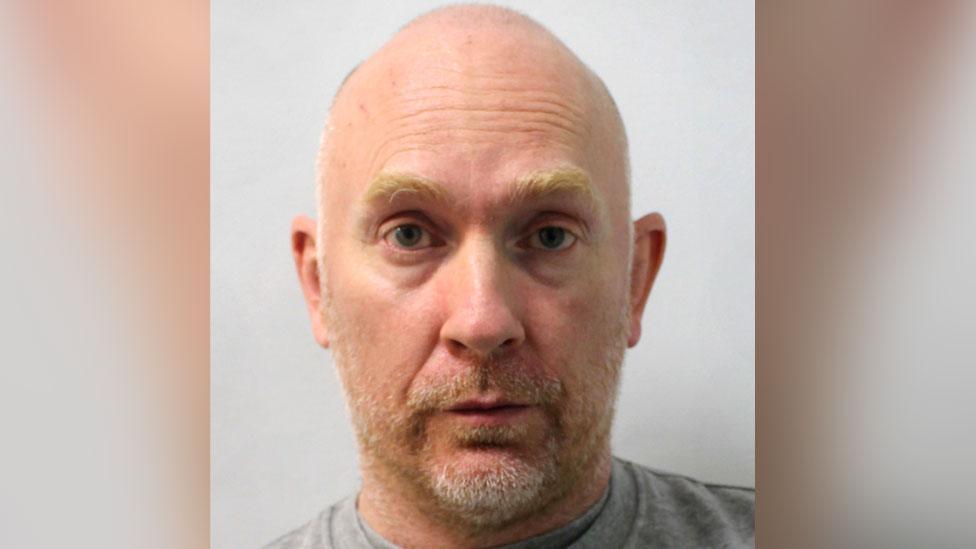
Wayne Couzens admitted murder, kidnap and rape
Five more incidents of indecent exposure not reported to police
The inquiry received evidence of at least five other incidents of indecent exposure which were not reported to police.
"It has become clear that Couzens' terrible crimes were not committed in isolation but were the culmination of a trajectory of sexually motivated behaviour and offending," says the report.
The report lays much of the blame at police culture, saying Couzens' crimes "sit on the same continuum" as sexist and misogynistic behaviour.
Lady Elish warned that without a significant overhaul in policing "there is nothing to stop another Couzens operating in plan sight".
- Published29 February 2024

- Published6 March 2023
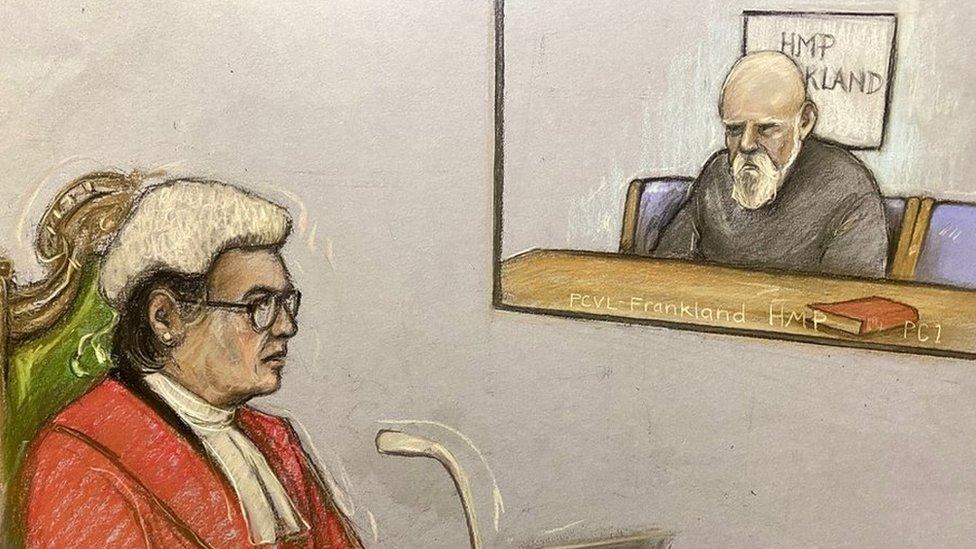
- Published30 September 2021

- Published5 October 2021
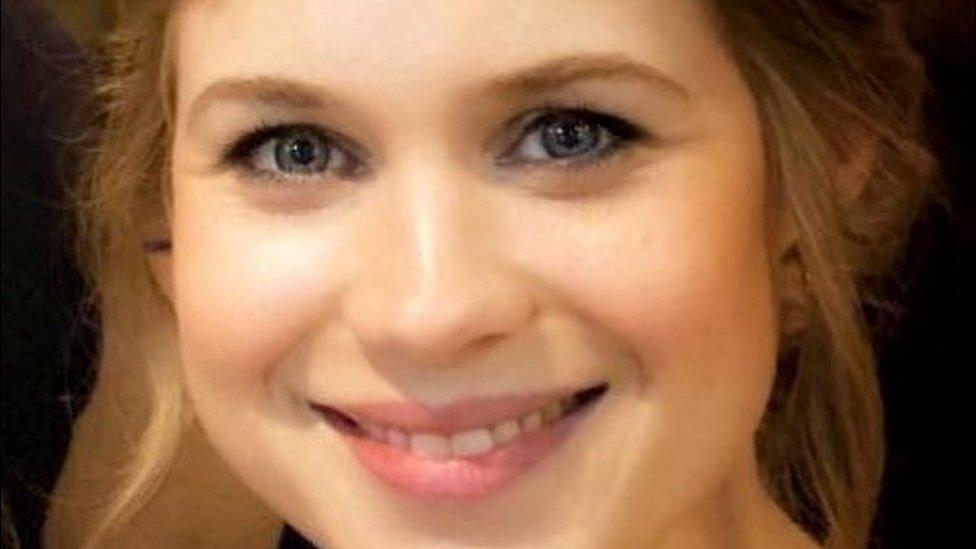
- Published16 July 2021

- Published13 February 2023
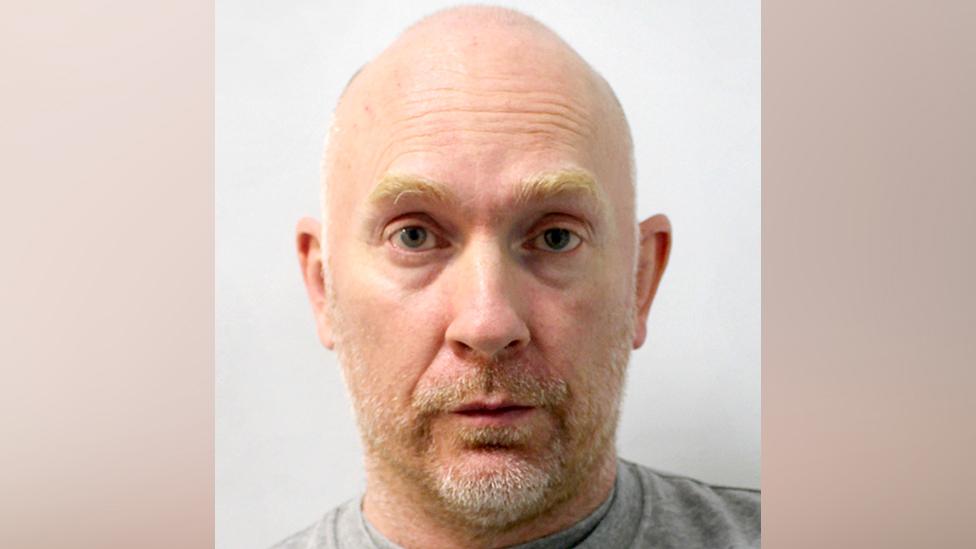
- Published23 May 2023
